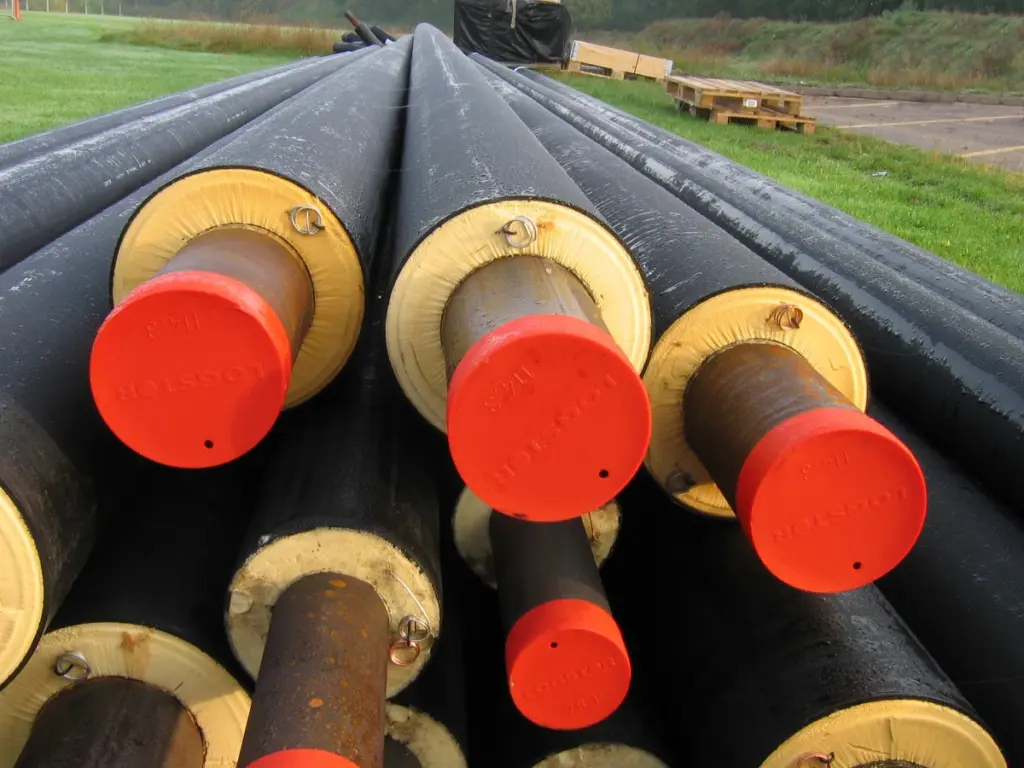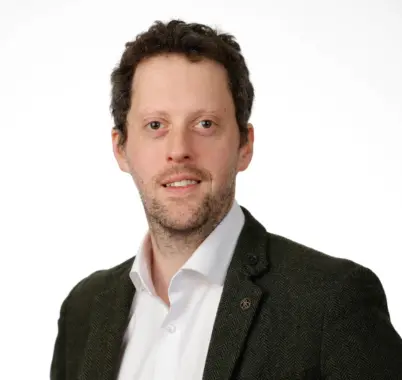Decarb City Pipes 2050
Uniting cities across Europe to develop actionable, spatially differentiated transition roadmaps to decarbonise heating and cooling for buildings by 2050

Overview
The Climate emergency calls on those at all political levels to act effectively and with greater urgency. The Horizon 2020 funded Decarb City Pipes 2050 project was the first to unite cities across Europe to work out actionable, spatially differentiated transition roadmaps to decarbonise heating and cooling for buildings in 2050, taking up the challenge to phase out natural gas in heating.
Transitioning the heating and cooling sector to energy-efficient, renewable and zero-carbon solutions is key to meet the EU climate and energy targets. Given the long life-cycles of the grid infrastructures involved in this transition, there is an urgency to start planning this transition today. But how? What first? Which systems? How to govern this process? The increasing complexity of the energy system together with technological uncertainties require a high level of knowledge and skills to act wisely. Cities currently lack capacity, skills and the legal empowerment to act and develop regulatory and planning frameworks to steer this transition.
Decarb City Pipes 2050
Decarb City Pipes 2050 showcases how local authorities can meet this challenge. Bilbao, Bratislava, Dublin, Munich, Rotterdam, Vienna and Winterthur, seven cities from frontrunners to beginners joined forces to learn from each other and develop innovative responses to this challenge.
Each city explored pathways which address their local challenges and build up skills in the use of data, planning tools and instruments, techno-economic as well as process and transition management know-how. Engaging in a participatory process with key stakeholders (local working groups), each city developed an actionable transition roadmap, building up trust, relationships and commitment for its implementation along the way. Through deep peer-to-peer exchanges, cities and utilities shared knowledge to benefit from other perspectives, stages of advancement and planning traditions. Together, they will advocate for the needed changes to framework conditions.
Codema's role
This project focused on the decarbonisation of heat through enhancing capacity and skills in cities. This includes creating local working groups (made up of key local stakeholders) to outline gaps in knowledge (planning methodologies, tools, policy instruments, effective governance structures, etc.) and then go about addressing these gaps through deep peer to peer learning with input from an experienced advisory board. Learnings from this project were also shared with wider city groups, including project sister cities, through a series of knowledge sharing events.
One of the key outputs of this project was to work with key local stakeholders to create robust, actionable transition roadmaps for each city which had local buy-in. These roadmaps were informed by the heating and cooling plans developed as part of the project. Some of the recommended actions in the transition roadmaps were also tested as part of a transition experiment to allow for further refinement based on the results.
Codema’s role in the project centred on the development of transition roadmaps in close cooperation with the local working groups to set out how to reach energy efficient, zero-carbon local heating and cooling by 2050.
Project aims
Project team

John O’Shea
Senior Energy Systems Analyst / Heat and Electricity Lead

John O’Shea
Senior Energy Systems Analyst / Heat and Electricity Lead

Neil O’Leary
Executive Manager - District Heating

Neil O’Leary
Executive Manager - District Heating
